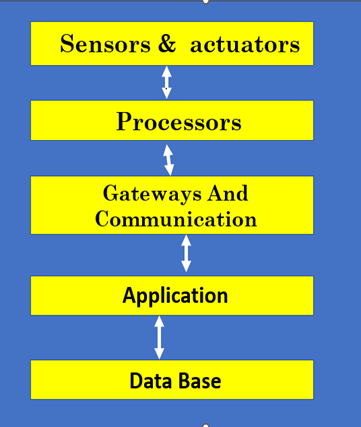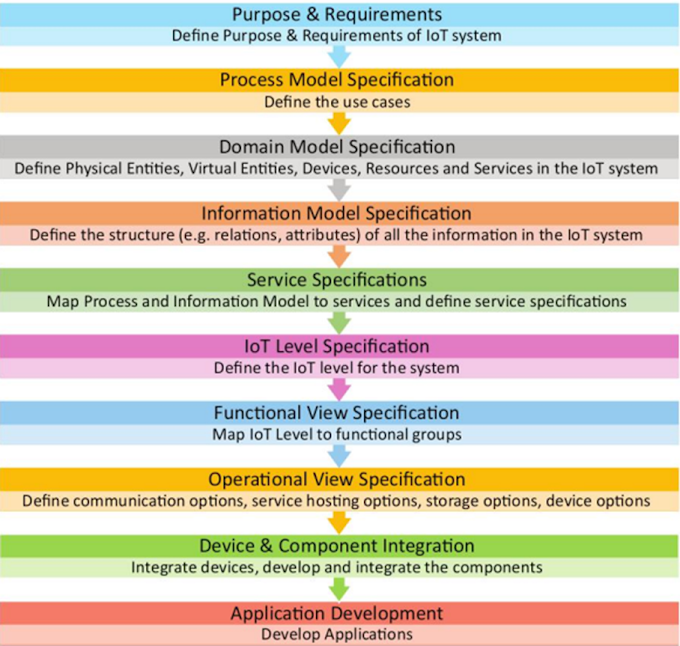INPUT checkbox type
The
`<input>` element with `type="checkbox"` is used to create a
checkbox in HTML.
Syntax:
<input
type="checkbox" name="checkboxName"
value="checkboxValue" id="checkboxId">
<label
for="checkboxId">Checkbox Label</label>
-
`type="checkbox"`: Specifies that the input should be rendered as a
checkbox.
-
`name="checkboxName"`: Specifies the name attribute, which is used
when submitting the form to identify the checkbox.
-
`value="checkboxValue"`: Specifies the value that will be sent to the
server if the checkbox is checked and the form is submitted.
-
`id="checkboxId"`: Provides a unique identifier for the checkbox,
which is associated with the `<label>` using the `for` attribute.
Example:
<!DOCTYPE
html>
<html
lang="en">
<head>
<meta charset="UTF-8">
<meta name="viewport"
content="width=device-width, initial-scale=1.0">
<title>Checkbox Example</title>
</head>
<body>
<form
action="process_form.php" method="post">
<input type="checkbox"
name="subscribe" value="yes"
id="subscribeCheckbox">
<label
for="subscribeCheckbox">Subscribe to newsletter</label>
<input type="checkbox"
name="agreeTerms" value="yes"
id="agreeTermsCheckbox">
<label
for="agreeTermsCheckbox">I agree to the terms and
conditions</label>
<input type="submit"
value="Submit">
</form>
</body>
</html>
In this example:
- Two checkboxes
are created with the names "subscribe" and "agree terms."
- When the form is
submitted, the value "yes" will be sent to the server for the
checked checkboxes.
- Each checkbox is
associated with a `<label>` for better accessibility and user experience.
The `for` attribute of the `<label>` corresponds to the `id` attribute of
the associated checkbox.
------------------------------------------------------------------------------------------------



0 Comments